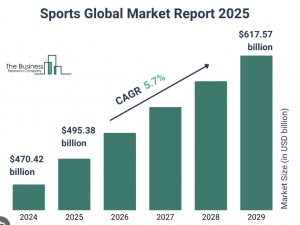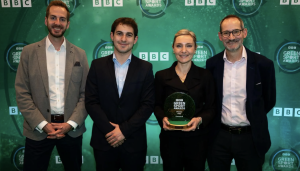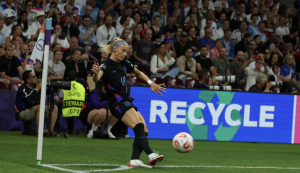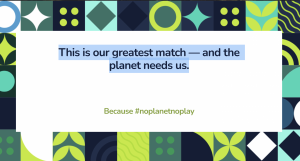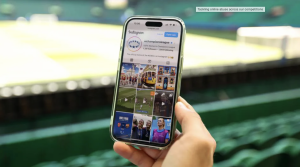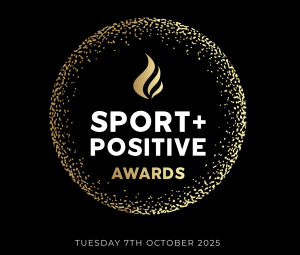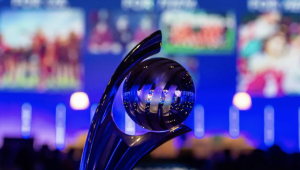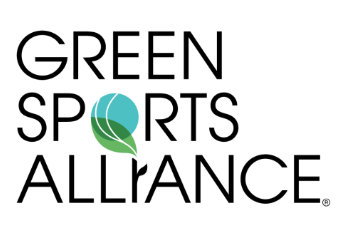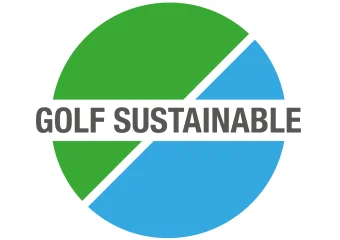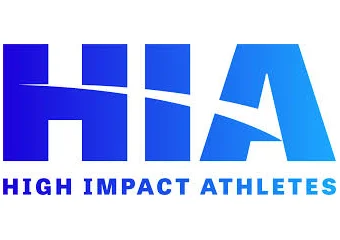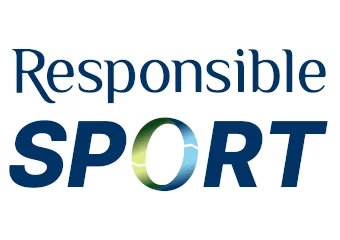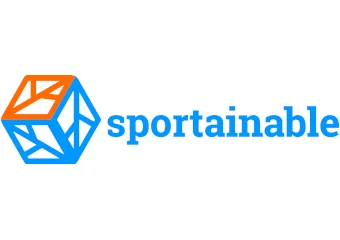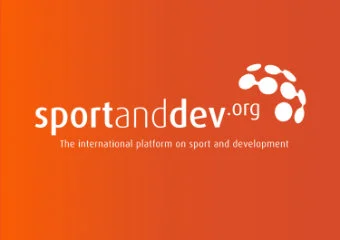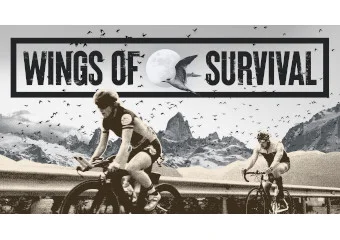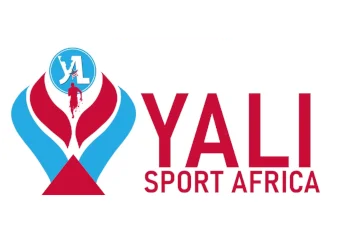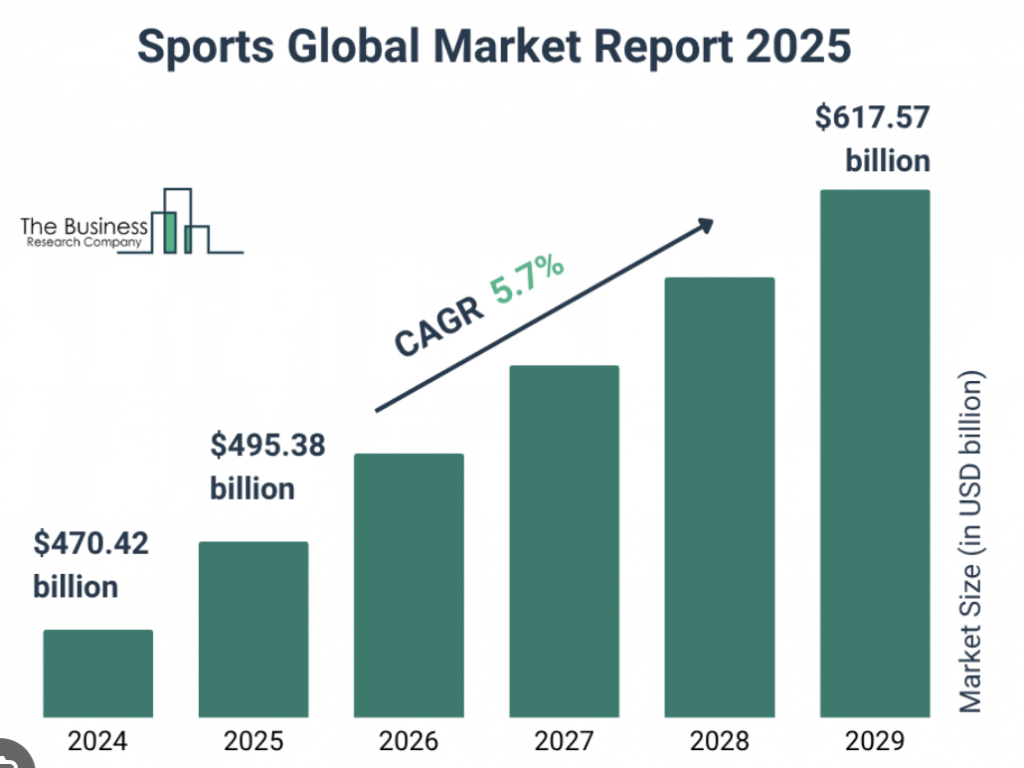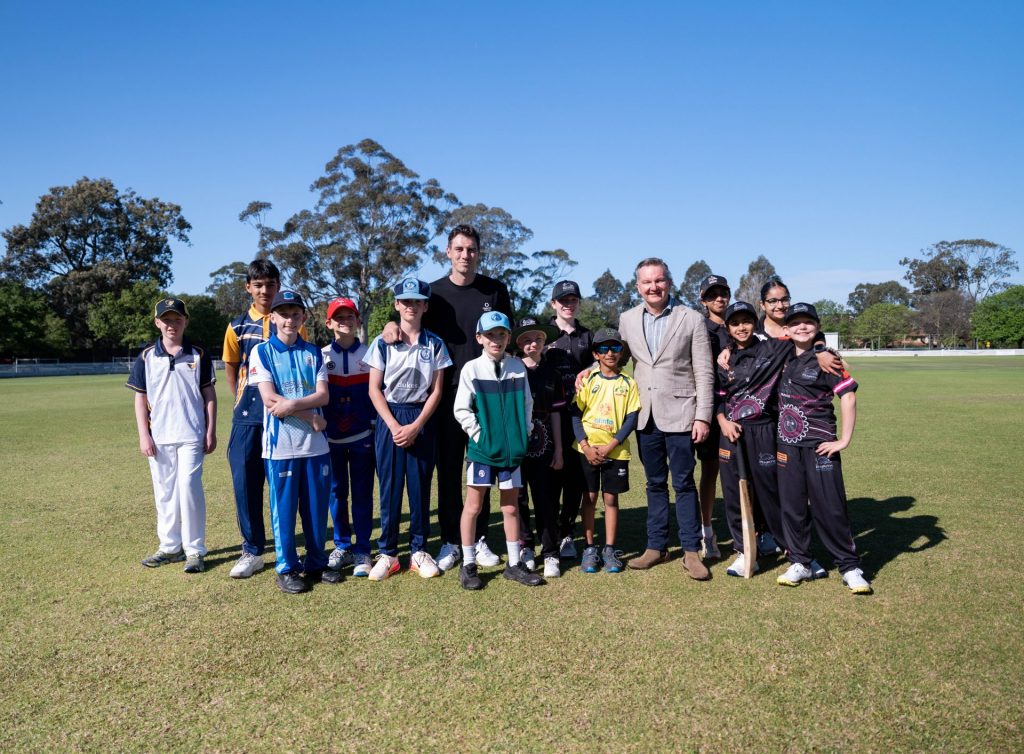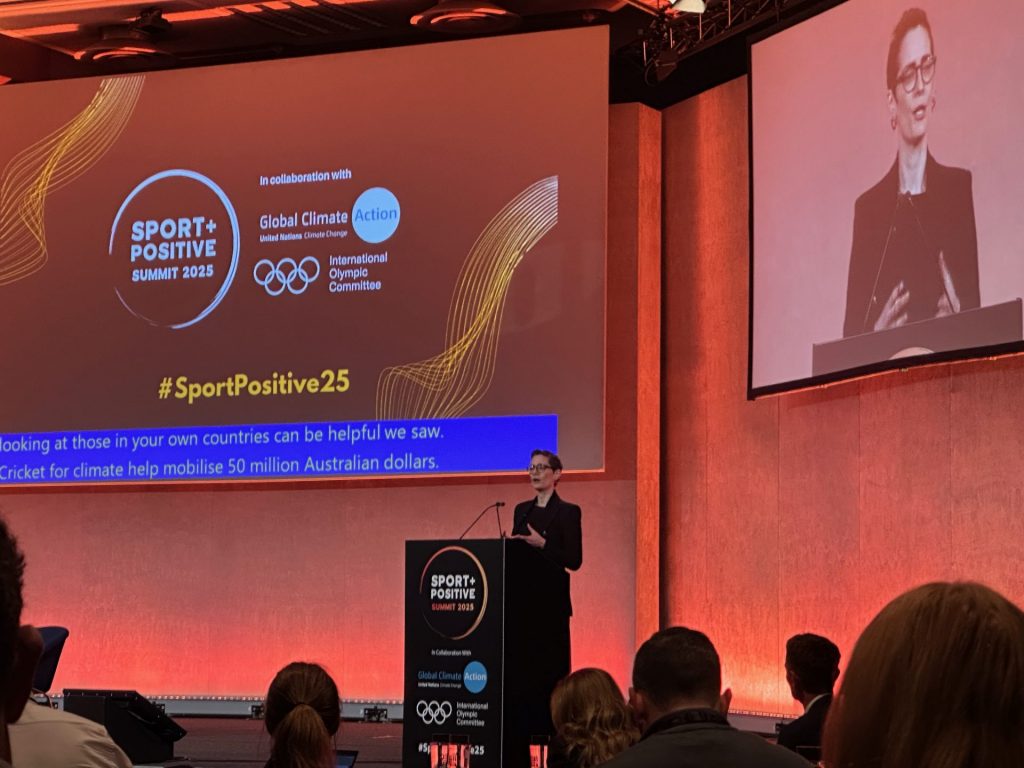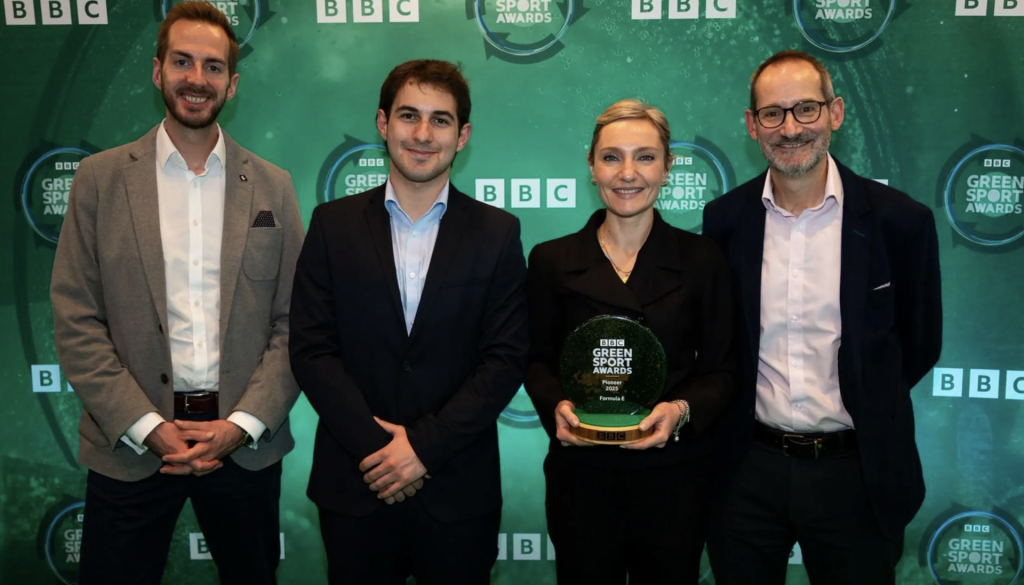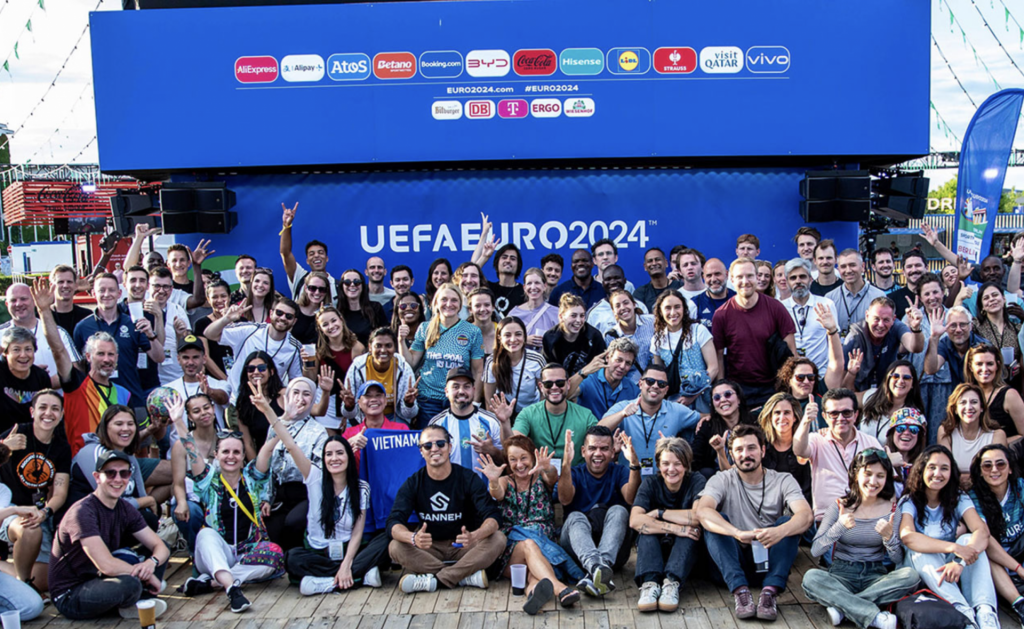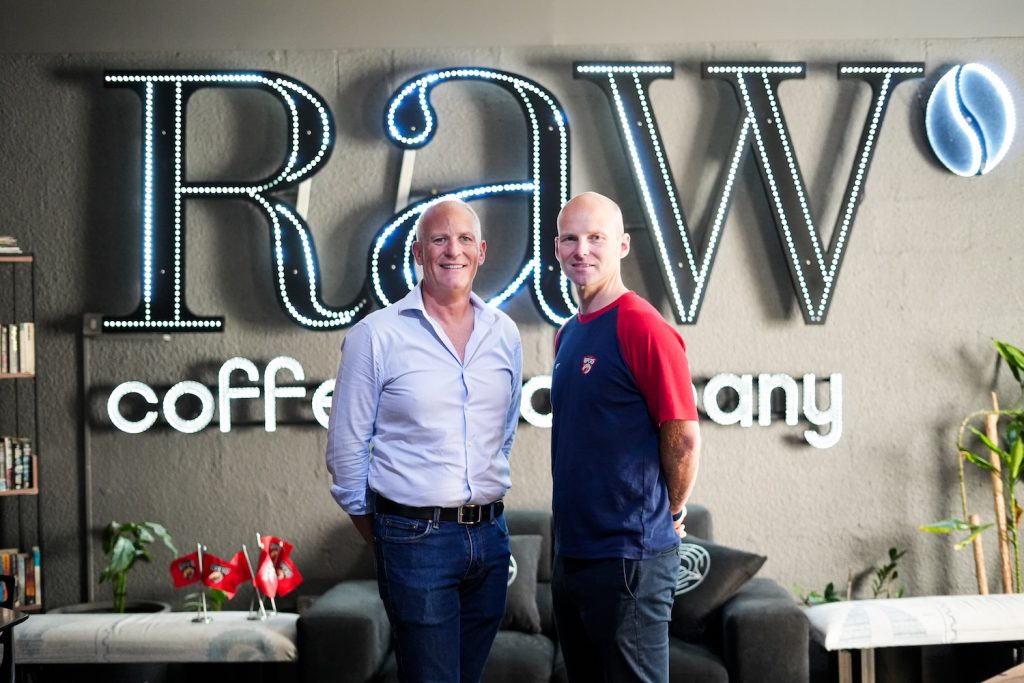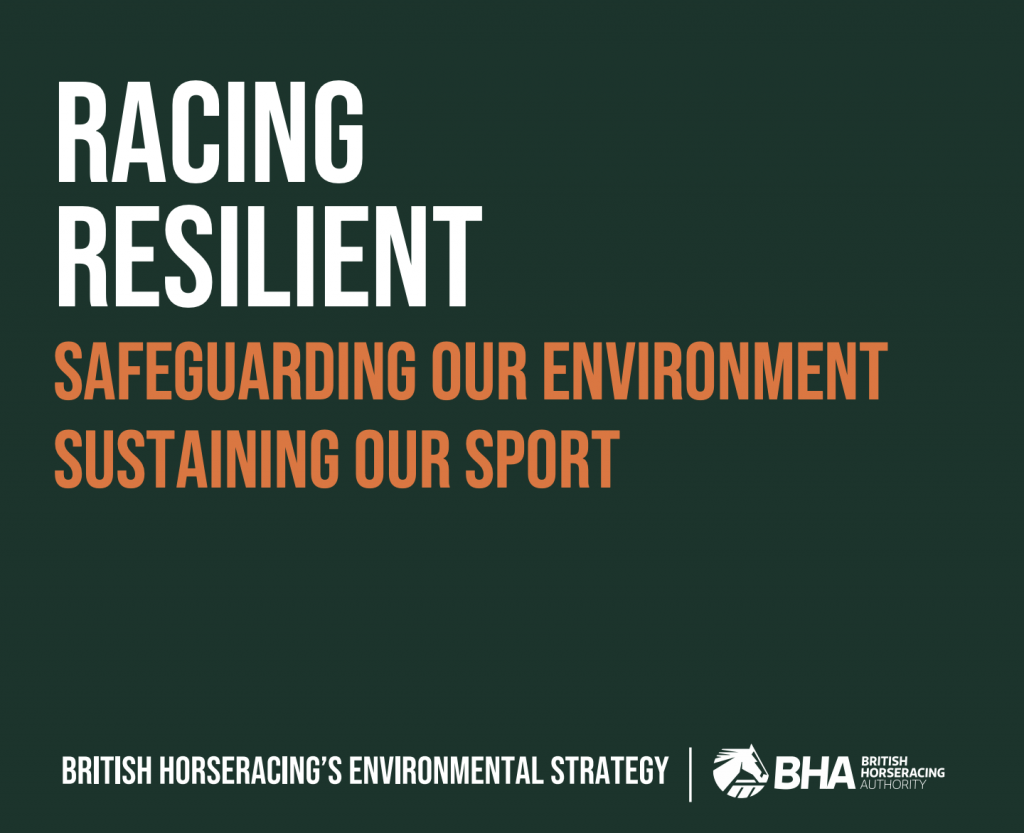To access our unique news archive of over 1,400 articles with insights on over 500+ sustainable sports organisations, join the GSS Network today.
Login here if you are a registered network subscriber.
News article
Unplugging the Next Generation: How UEFA is Tackling Digital Addiction
At a recent launch event for a new module of UEFA's 'Take Care' programme, moderator Pedro Pinto led a vital discussion on one of the most pressing issues facing today's youth: digital addiction. In a world saturated with screens, the glow of the smartphone has become a constant companion. UEFA has identified the issue as a critical threat, with UEFA's Executive Director of Social and Environmental Sustainability, Michele Uva, stating, "to face this social problem, we can use the powerful role played by football".
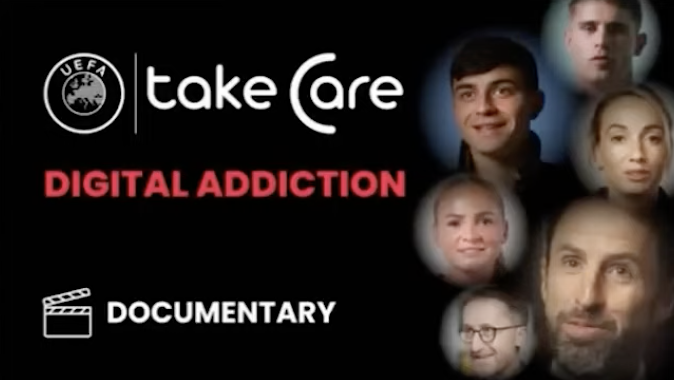
Understanding the Addiction
Digital addiction is more than just a bad habit; it’s defined as “a problematic relationship with technology described by being compulsive, obsessive, impulsive and hasty”. Experts point to several warning signs, including a loss of interest in other activities, withdrawal symptoms like anxiety when a device is taken away, and even a decline in personal hygiene as the virtual world takes precedence over reality. Margarita Louis-Dreyfus, founder of the Human Change Foundation, which partnered with UEFA on the initiative, commented “We know that football and sport can serve as an antidote to digital addiction and the social isolation of children,”. The consequences are stark, with studies showing that one in four children uses their phone in a way consistent with behavioural addiction.
"We know that football and sport can serve as an antidote to digital addiction and the social isolation of children,"
The Impact on Young Minds
The effect on developing brains is particularly concerning. The prefrontal cortex, the part of the brain responsible for self-control, doesn’t fully mature until the early twenties, making it incredibly difficult for young people to resist the constant rewards their phones offer. This excessive use is linked to rising levels of anxiety, loneliness, and depression. As digital safety specialist Chris McKenna notes, “We’ve pitted our sons and daughters up against the most brilliant software engineers on Earth. We wonder why digital addiction is an issue today”.
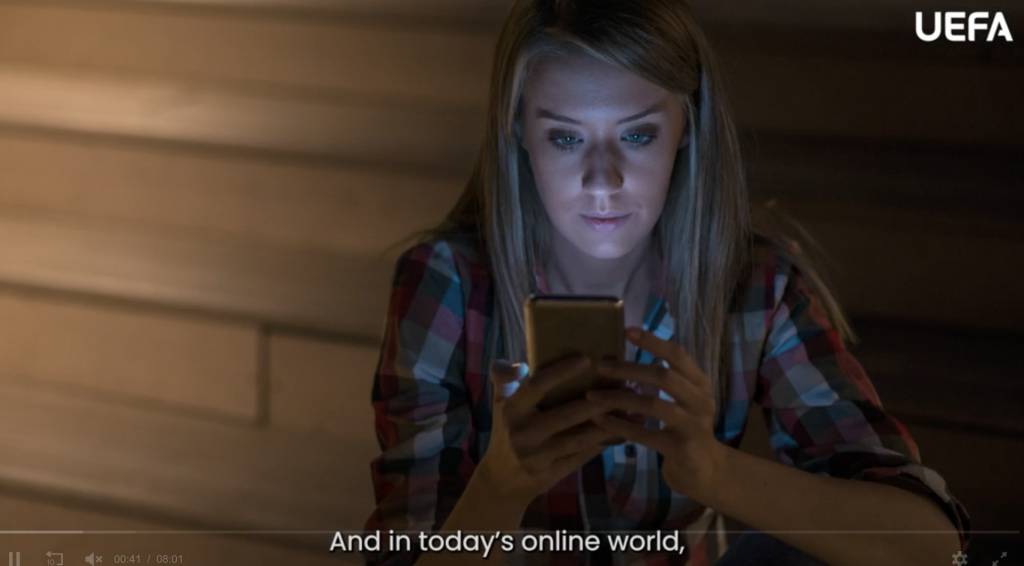
Voices from the Game
To amplify this crucial message, UEFA has enlisted prominent figures from the football world. Former England manager Sir Gareth Southgate is a vocal supporter, expressing deep concern over the societal impact of excessive screen time. “It’s clear in my mind that we’ve never had a greater epidemic of anxiety. I’d be pretty confident that addiction to social media has played a huge part in that,” Southgate says. He reflects on how the dynamic within teams has changed over the years, noting, “When I was a young player, there was a lot more social interaction… Slowly you saw a move towards individual devices where people interacted less and you didn’t get to know people as well”.
Current players are also lending their voices. Barcelona and Spain midfielder Pedri credits his upbringing for his balanced lifestyle, stating, “I was lucky when I was younger because my parents always gave me a ball before a screen”. He is joined in the campaign by Netherlands defender Micky van de Ven and Arsenal’s Kim Little, all helping to address the growing problem
"It's clear in my mind that we've never had a greater epidemic of anxiety. I'd be pretty confident that addiction to social media has played a huge part in that. When I was a young player, there was a lot more social interaction... Slowly you saw a move towards individual devices where people interacted less and you didn't get to know people as well"
Football as the Antidote
This is where the beautiful game steps in. Football offers a compelling alternative, pulling kids away from screens and onto the pitch. It naturally limits screen time while fostering essential life skills often neglected in the digital realm. Former Ireland international John O’Shea, now an assistant coach, highlights the challenge of getting players to “be present in the moment” and connect with teammates when phones are a constant distraction.
Football, at its core, is about human connection. It teaches teamwork, resilience, communication, and the importance of physical well-being. As his former teammate Robbie Keane explains, sport provides a vital escape: “to go play Paddle Tennis for a couple hours and to get off the phone, just to get away from… sometimes to switch off is always good”.
"to go play Paddle Tennis for a couple hours and to get off the phone, just to get away from... sometimes to switch off is always good".
The UEFA ‘Take Care’ programme provides a toolkit for parents, coaches, and clubs to encourage this balance, promoting healthier, more mindful digital lives for the next generation. It’s a call to action to reclaim childhood from technology and rediscover the joy of real-world interaction.
Read moreUEFA
Join the GSS Alliance Partners programme today
Stay ahead of the game with our FREE weekly newsletter, delivering the latest sport and sustainability news from around the globe straight to your inbox
Join the GSS Network programme today
Register for GSS Workshops today
Join the GSS Education programme today

